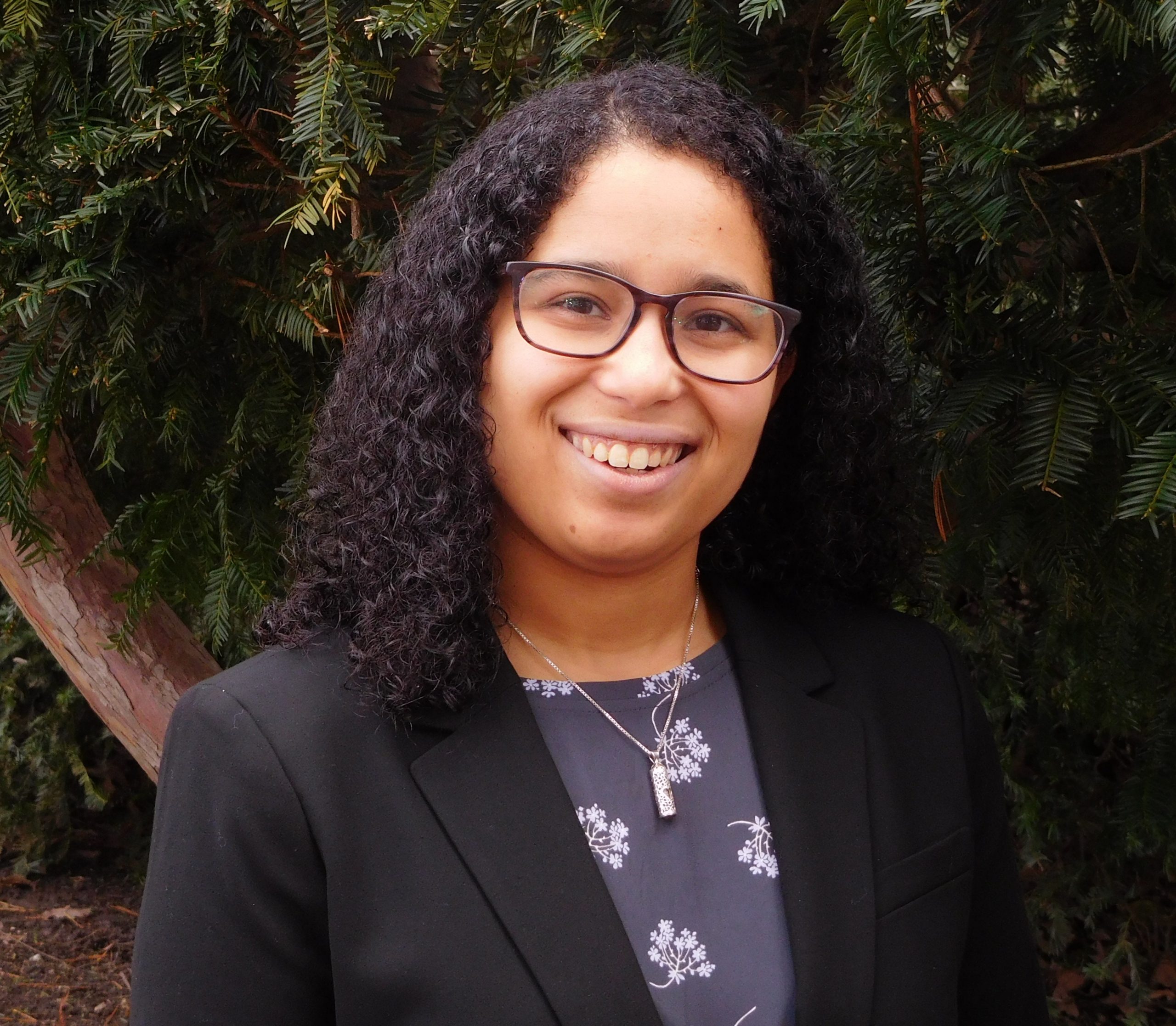
In the face of an ongoing national teen mental health crisis, it can be overwhelming to determine how best to protect and support teens through the challenges of adolescence. Jewish Federations of North America, BeWell, and Stanford University conducted a national survey about Jewish teen mental well-being. Here are five key takeaways from their study, “Strength, Stress, and Support: A Portrait of Jewish Well-Being,” for adults looking to support teens’ mental health.
1. Invite your teen to participate in the religious and cultural aspects of Judaism you find personally meaningful.
There was a notable correlation between teens’ personal perceptions of Judaism’s importance in their lives, and how important they believe Judaism was to their family. We all hold many identities, but the personal importance we place on each of those aspects of ourselves will influence our behavior, cognition, and emotional responses to the world. Fortunately, your teen stands to inherit a rich religious and cultural tradition that can strengthen their sense of connectedness, perseverance, and happiness.
There is no “right way” to emphasize the importance of Judaism in your family. Sit down together for a Shabbat meal, go to synagogue, include your teen in a conversation about giving tzedakah, or listen to Adam Sandler’s “Hanukkah Song.” When you find ways to engage Jewishly as a family and show your teen that Judaism matters to you, you help your teen embrace it as a source of personal meaning, connection, and pride.
2. Encourage your teens to engage with Jewish programs.
Trying to convince a teen to participate in something they did not initiate can feel like trying to cut a lion’s toenails. Nonetheless, encouraging your teen to engage in Jewish programming is a valuable way to invest in their mental health. Jewish programming connects teens with their peers, puts them in contact with wider Jewish networks, and helps them build a large support network. According to the study, greater participation in Jewish programming correlates with increased optimism. Optimism is a core factor of mental well-being, can increase teens’ sense of agency, and reduce anxiety and depression.
Of course, getting your teen to participate in Jewish programming does not have to be a chore. The URJ offers a host of fun, engaging programs that speak to diverse needs and interests. From NFTY retreats and our many fellowship opportunities to our social justice and advocacy opportunities, trips to Israel, and summers at camp, we strive to provide something for every teen. Don’t see anything that speaks to your teen? Let us know and we will try to help you find a good fit.
3. Help your teen develop skills for discussing challenging topics.
The study found that today’s Jewish teens feel ill-equipped to engage in challenging conversations about current events and their personal experiences of being Jewish. At the same time, teens feel that, due to stressors like antisemitism, the war in Israel/Gaza, and the geo-political climate, they regularly face significant pressure to engage in these challenging conversations both in person and online.
Support your teen by engaging in difficult conversations at home. Engage them in conversations around difficult questions. If things get heated or they start to shut down, model grounding techniques and other strategies for emotional regulation. Expose your teen to reliable news sources and encourage them to come to you, their clergy, and other trusted adults in your community when they have questions. Some URJ resources and programs that may help develop these skills include Talk for a Change conversation starters, the Teen Israel Organizing Intensive, and the RAC’s Teen Justice Fellowship.
4. Provide opportunities for engagement where your teen can form meaningful relationships with peers and feel a sense of agency.
Authentic self-expression is an important factor in teens’ wellbeing. Spaces that allow teens to be their authentic selves provide an important sense of security and affirmation. These spaces are also valuable because they combat feelings of isolation and are often where teens feel most comfortable turning to for support. According to the study, “when asked to provide greater detail about what led them to feel that they could express themselves fully, respondents emphasized the power of relationships and a sense of autonomy.”
5. Accept your limitations.
While today’s teenagers have strong relationships with their guardians, adult mentors, and clergy, over half the teens surveyed reported that they felt adults in Jewish spaces do not fully understand what it is like to be a teen today. These feelings of being misunderstood are developmentally appropriate for teens as they transition into young adults in ways they do not fully understand themselves. We will not be able to fully understand our teens, make them feel completely understood, or protect them from the stressors in their lives. Our job is to provide them with as much safety, support, learning, and space for growth as we can. Fortunately, when the going gets tough, there are partners in your congregations, camps, and the Reform Jewish community ready to support you in this sacred work.
Related Posts

Empathy in Action: Becoming a Teen Mental Health First Aider

The Promised Land is in You and Me


